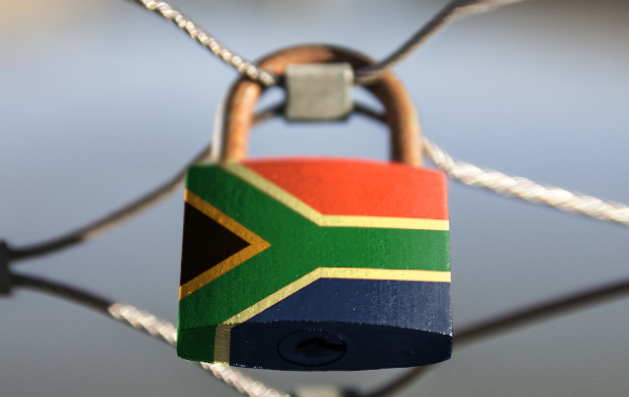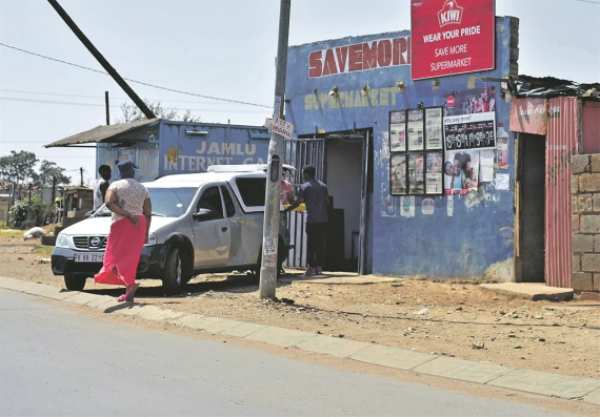Acting executive mayor of Nelson Mandela Bay, Thsonono Buyeye, says that the municipality may have to consider a harder lockdown as it faces a surge of coronavirus infections.
Buyeye told media this week that the district has become the ‘new epicentre for the coronavirus in the country’ after positive cases jumped from hundreds of infections about two weeks ago to 5,574 active cases this week.
“We are a hotspot in the province, we are a hotspot in the country and that is very troubling us. The rate at which the numbers are increasing is alarming. Every citizen needs to be aware of the danger we are in.
“The reports we are getting are beginning to scare us. The reports from the private and public hospitals indicate that we are in a serious situation as a city. Our hospitals are full; ICU beds are a struggle to get,” he said.
In addition to various interventions which include strict law enforcement, Buyeye said that the city has requested the curfew to start from 22h00 until 04h00 instead of the 00h00 currently in place.
Buyeye said feedback was still expected from the provincial government on the request. He said that while a harder lockdown was not ideal, the city may be forced to enforce it to save people’s lives as there was no ward that did not have a Covid-19 active case.
Resurgence plan
The spike in infections in the Eastern Cape was acknowledged by president Cyril Ramaphosa in a national address on Wednesday evening (11 November).
“In the last week, the number of new cases in the province was 50% higher than the week before. And the total number of new cases in the last 14 days was around 145% higher than the previous 14 days,” he said.
“These increases are being driven by massive spikes in the Nelson Mandela Metro and the Sarah Baartman District in particular.”
Ramaphosa said that evidence suggests that the increases in the Eastern Cape could have been triggered by outbreaks in institutions of higher learning such as universities, schools and attendance by people at large gatherings.
When this is combined with poor adherence to social distancing, mask-wearing and other poor hygiene measures, the environment for rising infections is set, he said.
“With many people moving between the Eastern Cape and other provinces – particularly the Western Cape – it is a matter of time before this surge spreads to other parts of the country.
“We, therefore, need to take measures to contain the rise in infections.”
In response to the spike, Ramaphosa said that government is implementing a ‘resurgence plan’ that has been developed together with the surge team deployed to South Africa by the World Health Organisation.
Interventions include primary health care outreach teams to intensify contact tracing, daily community mobilisation, ensuring the readiness of health facilities, and being ready to respond to possible clusters outbreaks, he said.
“We will be working closely with the provincial government, municipalities and other institutions in the Eastern Cape in the coming days and weeks to ensure that this surge is contained and managed.
“What we are witnessing in the Eastern Cape should be a wake-up call to all of us, that we cannot relax and we cannot be complacent.”
Read full article HERE





